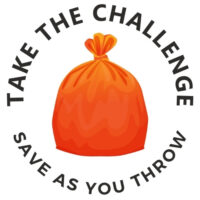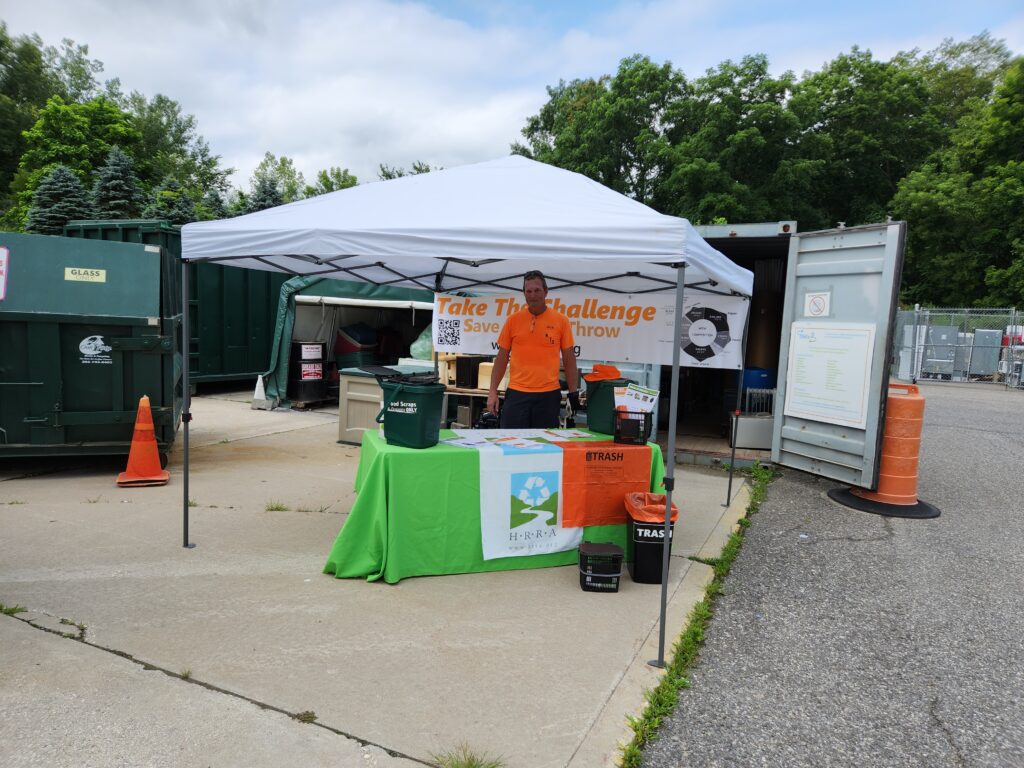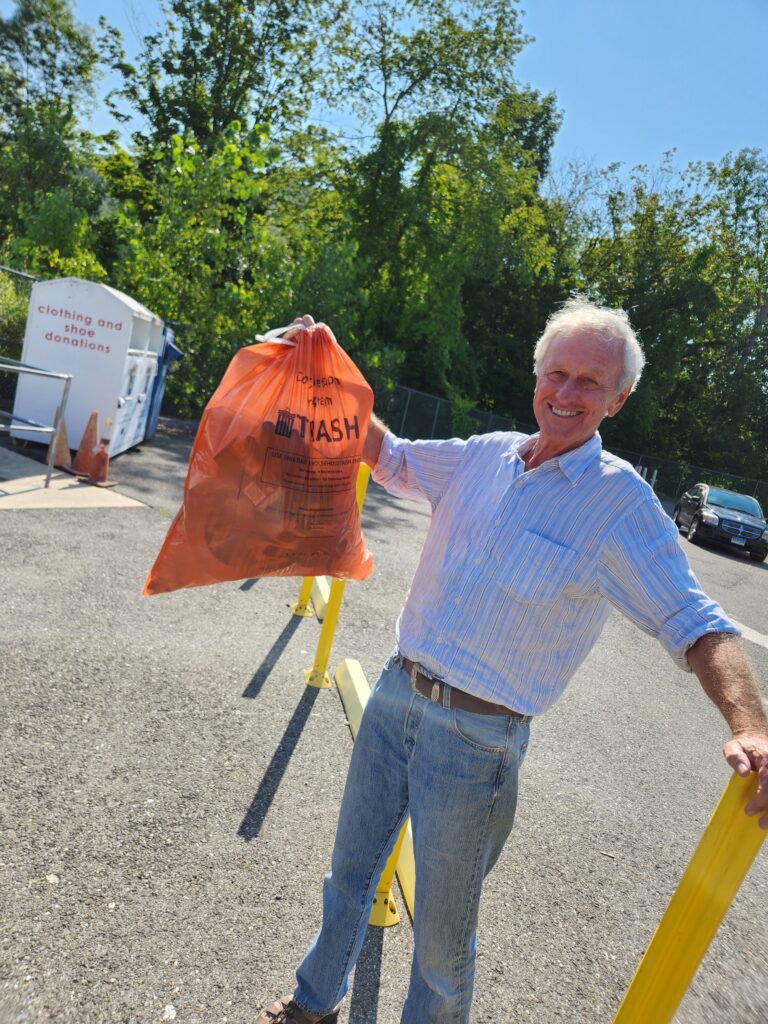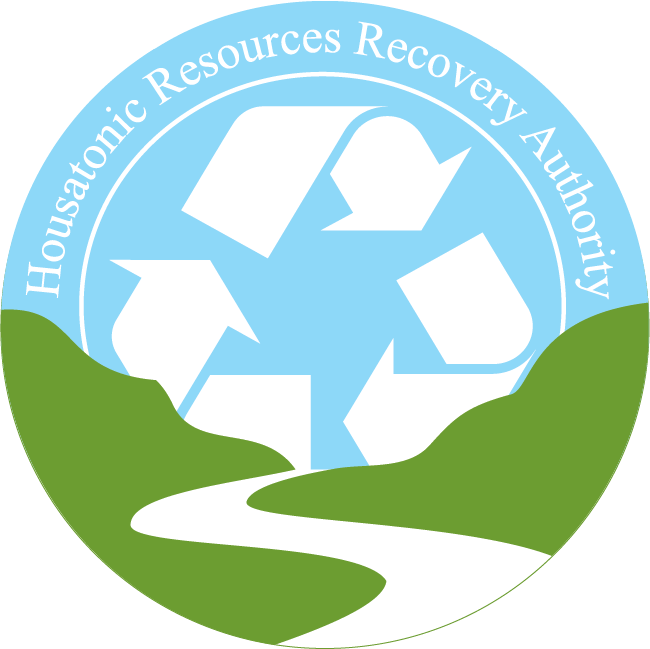Town of Kent
Kent’s Transfer Station now operates with a Save-As-You-Throw program.
Residents are required to have a permit to access the Transfer Station. The annual permit fee is $40.00
Residents buy Town issued orange bags and are responsible for paying for their own generation of trash. The price of the bag covers the town’s cost of disposal. There is no additional fee for recycling. Learn more about the program below. Transfer Station information can be found by clicking on this link.

What is this all about?
Why is Kent doing this?
How does the program work?
Beginning July 1, 2024
The Town of Kent has transitioned to a permanent Unit Based Pricing and Organic Food Scrap collection system. Permits to access the transfer station have been significantly reduced for all users. Users are now responsible for paying for their own generation of trash and will be required to use town issued trash bags. The cost of the bag covers the cost of disposal per user. Users may choose how many bags they wish to purchase with their permit and may purchase additional rolls of bags throughout the year. Bags are available in variable sizes. All residents wishing to use the transfer station will be required to have a permit to access the facility for any and all services not just for municipal solid waste.
How Much Does This Cost?
Note: $25.00 fee for replacement hangtags
$15.00 Roll of 13 bags 13-gallon
$60.00 Case (4 rolls) of 13-gallon
$30.00 Roll of 13 bags 32-gallon
$120.00 Case (4 rolls) of 32-gallon
$40.00 Roll of 10 bags 55-gallon
$2.00 Roll of 25 compostable bags for food scraps
Choose if you would like to purchase a food scrap collection kit.
$20.00 Food scrap collection kit (6 gal. carry container, 1.5-gal. kitchen bin, 2 rolls of biobags)
Payments can be made by cash, check or credit card. Checks are payable to the Town of Kent. Supplies are available at the Transfer Station or Town Hall, Selectman’s office.
Acceptable waste items
Regular household trash is acceptable in the Save As You Throw program bags.
DO NOT place any of the following in your orange bag:
- Recyclable items (paper, plastic of metal)
- Food scraps (use compostable bags)
- Textiles
- Yard Waste
- Dirt, sod, concrete or rock
- Construction/Demolition debris
- Household hazardous waste
- Hot ashes or flammable materials such as oil, gas or paint
Click here to learn more about what is accepted and not accepted at the Town of Kent’s Transfer Station.
Click here to learn more about the food scrap recycling program.
How Do I Get More Bags?
Additional bags are available now or can be purchased anytime at the transfer station.
$15.00 Roll of 13 bags 13-gallon
$60.00 Case (4 rolls) of 13-gallon
$30.00 Roll of 13 bags 32-gallon
$120.00 Case (4 rolls) of 32-gallon
$40.00 Roll of 10 bags 55-gallon
$2.00 Roll of 25 compostable bags for food scraps
Payments can be made by cash, check or credit card. Checks are payable to the Town of Kent. Supplies are available at the Transfer Station or Town Hall, Selectman’s office.


FAQs
Why is this necessary?
The Town wants the cost to be more equitable for residents and to encourage reduction of solid waste generation. Those residents who generate more solid waste will pay more. The past system of an annual flat permit fee was not equitable and some residents were subsidizing others. Much like everyone pays for how much electricity they use, Kent residents will now pay for how much garbage they generate.
Is the Town making money with this change?
No. The price of the bags covers the cost of the bags and the cost to dispose of the MSW. The permit fee helps to cover other costs of operating the transfer station.
How is this year’s permit different?
The permit fee for 2025-26 will remain the same. Everyone will pay for access to the Transfer Station. If you want to use bulky waste disposal, or any of the other services, you’ll need to obtain a permit for access. There will still be a fee for bulky waste. Bulky waste fees can be viewed by clicking here.
How can I reduce my cost?
Unit-base pricing, incentivizes households to make less waste.
The change also encourages residents to participate in the organic food scrap collection program. By taking organic materials out of your garbage it will reduce the amount of solid waste that is generated. Food has large water content, which makes it heavy.
Cost of a food scrap collection kit:
• $20.00 Food scrap collection kit (6 gal. carry container, 1.5-gal. kitchen bin, 2 rolls of biobags)
Any container can be used to collect food scraps and organic material and then disposed of in the collection containers at the Transfer Station. Learn more here.
Recycling as many materials as possible also reduces the amount and weight of solid waste. Be sure to recycle right! Learn more here.
What if I run out of bags?
Additional bags which will be available and can be purchased at the transfer station.
-
- $15.00 Roll of 13 bags 13-gallon
-
- $60.00 Case (4 rolls) of 13-gallon
-
- $30.00 Roll of 13 bags 32-gallon
-
- $120.00 Case (4 rolls) of 32-gallon
-
- $40.00 Roll of 10 bags 55-gallon
-
- $2.00 Roll of 25 compostable bags for food scraps
Users will be able to choose how many bags they wish to purchase with their permit and may purchase additional rolls of bags throughout the year. Bags will be available in variable sizes.
Am I limited to a certain number of bags?
No. Keep in mind, the fewer bags used the lower your expense for disposing of trash.
Why can’t I use any color bag?
The Transfer Station attendants need to monitor solid waste disposal and it was decided that it will be easier for them if residents use a brightly colored bag that is branded for the Town of Kent.
Can I just use my regular trash bags?
No. Kent requires the use of the Town branded orange bag as the price includes not only the cost of the bags, but also the cost of disposal of its contents. When purchasing the Town branded orange bags, permittees are pre-paying for the cost of disposing of their garbage and only their garbage. With unit-base pricing, you pay only for what you bring to the transfer station. Unit based pricing is how you currently pay for your electric bill. You only pay for what you use.
Do I Have To Participate?
Change is hard.. but Kent accepted the challenge and proved waste reduction is possible. The Town is doing its part to protect the environment, divert resources out of the garbage, and demonstrate sustainable management of municipal waste.
Residents were encouraged to join the challenge during the pilot. Starting July 1, 2024, the Save as You Throw program, a unit-based pricing model, became mandatory. All permittees using the transfer station to dispose of their household garbage are required to use Town branded orange bags. No exceptions.
Do I still recycle?
YES! And we hope you will recycle MORE! There are no changes to the recycling program. Remember to keep your material loose and check the list of acceptable items, we also want you to recycle right
Questions about recycling? Learn more about recycling here.
I Backyard Compost. Should I Participate?
Backyard composting is great and encouraged! You may decide you want to use the food scrap recycling program for certain items (eggshells, meat, bones, and dairy, prepared foods) or to use in the winter.
Won't This Create More Work?
Not really. You are just replacing your current black/white kitchen bag with an orange bag and just moving your food scraps to a different bag. You also won’t need to take out your trash as often!
What about styrofoam?
Styrofoam blocks (i.e from electronic equipment or furniture boxes) are exempt from orange bags and may be placed in the MSW container at the transfer station at no additional charge. Styrofoam peanuts must be placed in a bag and can not be disposed of loose. See attendant for possible reuse program.
Yes, your furry friends make waste too! Cat litter must be disposed of in your trash.
What about my kitty litter?
Yes, your furry friends make waste too! Cat litter must be disposed of in your trash.
What do I do with Bulky Waste?
That broken laundry basket… oh the darn hose has a hole… you can still bring it to the transfer station. Bulky waste is managed separately from household trash and fees will be applied. But wait! If you have material that can be reused or repurposed, consider donating it or finding it another home.
Is this actually going to work?
Yes! Kent transfer station users demonstrated in the pilot a reduction in MSW of 48.8 tons and dropped off 24.8 tons of food scraps to be made into compost. A step toward sustainable, environmentally responsible municipal waste management.
The less trash you make, the more you SAVE.
You may be trying this for the first time, but towns all over the U.S. (and the world!) have implemented similar trash reduction programs and have found success!
Kent succeeded and is doing its part to address the CT’s waste crisis.
Are there other towns doing this?
Yes! Thirteen of HRRA’s 14 member towns use unit-base pricing models to manage municipal solid waste. And many other communities in CT, around the US and in the world are adopting unit-based pricing.
Should I use my in-sink disposal for food scraps?
To reduce the risk of costly sewer backups, we strongly urge residents to switch from in-sink disposals and use the food scrap recycling program for food scraps. It will also save on your water usage and produce usable fertilizer.
What Else Can I Do?
Reduce your food waste. Keep your refrigerator clean and organized so you know what you have before you shop. Store leftovers in clear containers so you can see what’s in them. Use a shopping list. Use your freezer. Reduce other household waste by avoiding single use disposable items and choose products with minimal packaging.
Reuse: Use reusable shopping bags and coffee mugs. Repurpose glass jars at home. Donate household items and clothing. Consider cloth napkins.
Recycle: Remember the basics: Recycle your paper & cardboard and empty bottles & cans. Items should be clean and dry and placed loose in your collection bin. Learn more here.
Compost: Place all your food scraps in the compostable bags! Fruits & Veggies, Eggs & Eggshells, Meat & Seafood (include bones and shells), Coffee Grounds & Tea Bags, Dairy, Pasta, Grains & Bread, Cookies, Cake, & Candy. Please no plastic, no metal, no sanitary waste, no pet waste.
